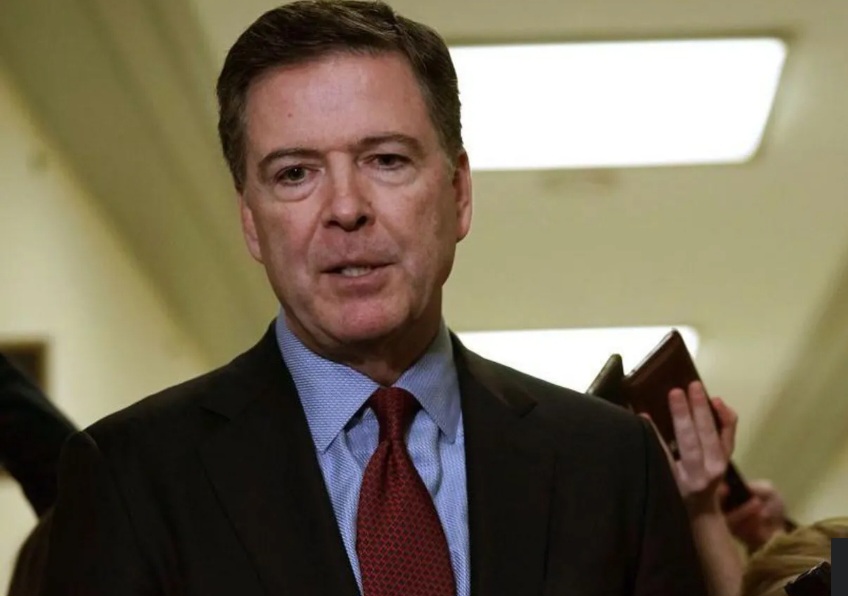
Crystal Dike
In a development that has sent shockwaves through Washington, former FBI Director James Comey has been indicted on two federal charges in Virginia, marking a historic moment in American legal and political circles. The Comey Indictment, handed down by a grand jury in Alexandria, alleges that Comey made false statements and attempted to obstruct justice during a September 2020 Senate Judiciary Committee hearing. He is scheduled to appear in court on 9 October, where the legal and political drama is expected to intensify.
Comey, a long-time critic of former President Donald Trump, faces one count of making false statements and another for obstruction of justice. Prosecutors claim he misled Congress when denying he authorized FBI officials to leak information to the press regarding his conversations with Trump. A third potential charge was considered but ultimately not pursued by the grand jury. The stakes are high: if convicted, Comey could face up to five years in prison. In a video statement, he emphatically declared, “I am innocent. My family and I have known for years that there are costs to standing up to Donald Trump. We will not live on our knees.”
Legal observers note the unprecedented nature of the Comey Indictment. Never before has a former FBI director faced federal criminal charges. The case, brought by Lindsey Halligan, recently appointed U.S. Attorney for the Eastern District of Virginia, reflects broader tensions between the Justice Department and political actors. The indictment comes just before the statute of limitations expired, emphasizing the urgency of the prosecution.
The political fallout has been swift. Attorney General Pam Bondi hailed the indictment as a demonstration of accountability, while Comey’s attorney, Patrick Fitzgerald, maintained that his client looked forward to vindication in court. President Trump immediately seized on the moment, labeling Comey as “one of the worst human beings this country has ever been exposed to,” and framing the indictment as part of broader political dynamics.
Democratic leaders, however, strongly criticized the move. House Democratic Leader Hakeem Jeffries called it “a disgraceful attack on the rule of law” and warned that the administration’s handling of Justice Department matters threatened institutional norms. Legal scholars, meanwhile, emphasized the difficulty of proving that Comey intentionally lied under oath. Loyola law professor Laurie Levenson noted, “Even if James Comey got things wrong, that doesn’t mean he knowingly or intentionally lied to Congress,” highlighting the complexities surrounding high-profile political prosecutions.
Central to the indictment are Comey’s 2017 memos, which detailed his conversations with Trump, including a claim that the president suggested halting the investigation into former national security adviser Michael Flynn’s Russia ties. These memos, leaked to the media, formed the basis of congressional scrutiny that ultimately led to the charges. For many observers, the Comey Indictment is emblematic of the fragile separation between political oversight and law enforcement independence in a highly polarized America.
As the nation anticipates Comey’s court appearance in October, questions linger over the implications for the Justice Department, congressional oversight, and the broader political landscape. Whether the case results in conviction or acquittal, the Comey Indictment has already etched a contentious chapter into U.S. history, raising debates about accountability, political influence, and the enduring tension between government institutions and public trust.
